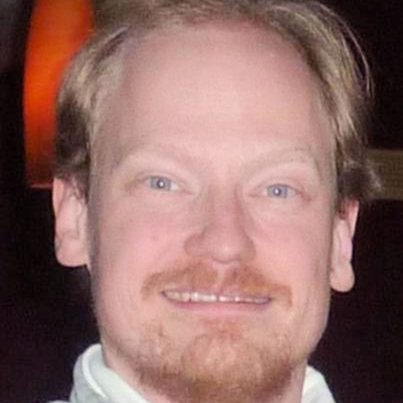2016 Appointment as Professor at the Institute of Microbiology, Leibniz University Hannover
2011 Habilitation and „Venia Legendi“ in Microbiology, Prof. Dr. H.L. Drake (Microbiology), Prof. Dr. W. Schumann (Genetics), Prof. Dr. K. Dettner (Zoology), University of Bayreuth (Germany)
2004 Dissertation (“summa cum laude”), Microbiology, University of Bayreuth (Germany), Prof. Dr. H.L. Drake: “Mikrobiologie der N2O-Bildung im Darm von Regenwürmern (Oligochaeta, Lumbricidae)”
2000 Diploma in biology (Microbiology, Genetics, Biochemistry), Prof. Dr. H.L. Drake, Prof. Dr. W. Schumann, Prof. Dr. F.X. Schmidt, University of Bayreuth (Germany): „Mikrobielle und molekularökologische Charakterisierung eines CH4-emittierenden, sauren, moorigen Waldbodens“
1996 Intermediate exam in chemistry (equivalent to BSc Education/ LA Gym), University of Bayreuth (Germany)
1993 – 2000 Studies of Biology and Chemistry, Universities of Bayreuth (Germany) and York (UK)
Since 2016 Professor of Soil Microbiology (W2), Institute of Microbiology, Leibniz University of Hannover (Germany)
2011 Associate professor level “Molecular microbial ecology” (Akademischer Oberrat A14, permanent), University of Bayreuth (Germany)
2006 Guest scientist, Department of Microbial Ecology, University of Vienna (Austria), Prof. Dr. M. Wagner
2005 Lab safety officer (biological safety, deputy), Department of Ecological Microbiology, University of Bayreuth (Germany)
2005 Head of the analytical chemistry lab, Department of Ecological Microbiology, University of Bayreuth (Germany)
2004 Assistant professor level (C1; A13), University of Bayreuth (Germany)
2000 Research assistant, Department of Ecological Microbiology, University of Bayreuth (Germany)
My teaching is focused on molecular microbial ecology and environmental microbiology in BSc, MSc as well as PhD programs.
Research Areas
Molecular Microbial Ecology, Microbial physiology, Community- and organism level regulation by environmental parameters, Interaction of autotrophic and heterotrophic microbes, Plant- and invertebrate microbe interactions, Isolation of new key microbes, Metabolic reconstruction and xenobiotic degradation pathways. Processes of interest are denitrification and dissimilatory nitrate reduction, nitrogen fixation, the anaerobic feed chain and methanogenesis, hydrogen production and micropollutant as well as microplastic transformations.
Description
During my research of the last years, I developed strategies for in vitro subtractive transcriptomics, gene expression analyses of whole gene families coupled to next generation sequencing in environmental samples, 2D-gas- and ionchromatographic methods for targeted microbial metabolomics, and approaches for combining metabolic flux analyses by isotope tracers with RNA stable isotope probing of unidentified microorganisms. Such approaches were utilized to identify key uncultured organisms, abiotic regulators of microbial activities and trophic links of microorganisms. Recently, we isolated new xenobiotic degrading and nitrate reducing organisms where we started to do metabolic reconstructions and identify regulatory networks. In a broader context, my work has implications for microbial greenhouse gas metabolism and thus climate change, invertebrate-microbe-interactions, bioremdiation, as well as plant nutrition and drinking water quality.
Physiological groups
Denitrifiers, dissimilatory nitrate reducers, nitric and nitrous oxide respirers, diazotrophs
Microbes of the anaerobic feed chain (primary and secondary fermenters, acetogens, methanogenic Archaea)
Xenobiotic degraders
Methods
Stable Isotope Probing (rRNA and DNA SIP)
Gene expression studies with functional gene markers (qPCR) and RNAseq
Subtractive transcriptomics for the identification of process-associated expressed genes
Apparent Michaelis-Menten-Kinetics of whole microbial communities and pure cultures
Next Generation Sequencing (NGS, Illumina MiSeq und HiSeq) of 16S rRNA of structural/ functional genes and their transcripts
Phylogeny and basic bioinformatics for the analysis of NGS data
Fluorescence in situ hybridization
Analysis of stable and radioactive isotopes
Process-analysis (2D-LC-MS3/DAD/RI, GC-FID/TCD/HID/ECD/CLD, NO-analysis, Lab automation)
Microsensors
High throughput cultivation
Isolation and species description of aerobes and anaerobes

